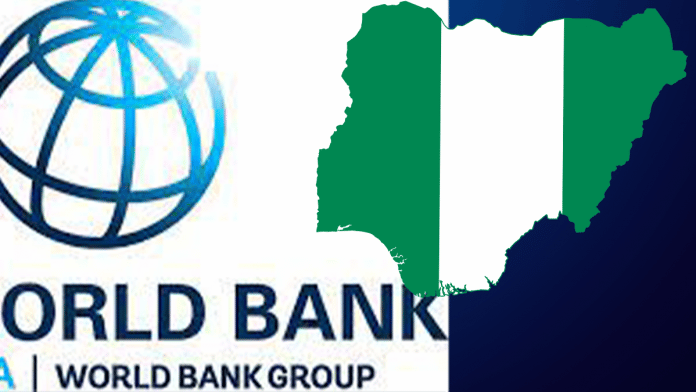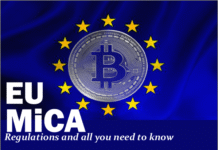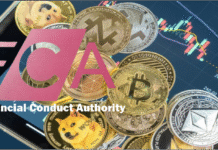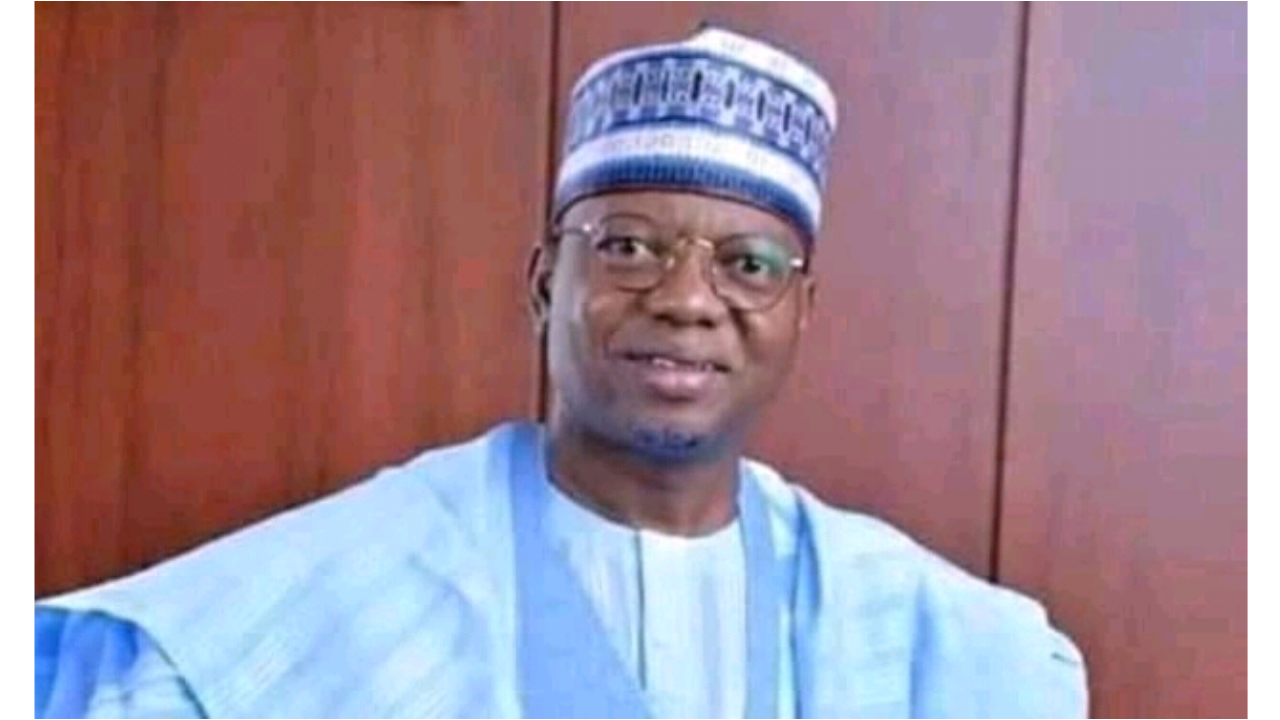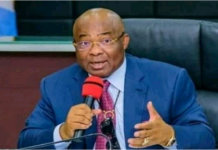Nigeria is one of the seven nations, or 1.7 billion people, that make up half of the world’s unbanked population, according to the World Bank.
The bank also stated that women make up the bulk of Nigeria’s unbanked citizens.
According to the World Bank’s “2021 Global Findex 2021 Report,” which was published yesterday, nearly half of the approximately 1.7 billion adults worldwide who lack access to banking reside in Nigeria, Bangladesh, China, India, Indonesia, Mexico, and Pakistan.
According to the report, 1.7 billion adults throughout the world do not have a bank account or a mobile money provider account. In high-income economies, account ownership is almost universal, therefore almost all of these unbanked adults reside in poor nations. In fact, only seven developing nations—Bangladesh, China, India, Indonesia, Mexico, Nigeria, and Pakistan—represent about half of the global population.
“Women make up 56% of all unbanked adults. In both economies where only a tiny percentage of adults lack banking accounts, like China and India, as well as those where half or more do, like Bangladesh and Colombia, women are overrepresented among the unbanked.
“Poor people make up a disproportionately high percentage of the unbanked. Around the world, 40% of unbanked individuals come from the poorest households in their economies, and 60% from the richest. However, the trend varies amongst economies.
“The unbanked are equally likely to come from a poorer family as from a wealthier one in those nations where 50% or more of individuals lack access to financial services. However, the unbanked are considerably more likely to be impoverished in economies where only 20 to 30 percent of residents lack a bank account.
The World Bank did, however, point out that mobile money has recently fueled greater financial inclusion, notably in Africa.
The COVID-19 epidemic, according to the World Bank, prompted financial inclusion, which in turn drove a significant rise in digital payments amid the global growth of formal financial services.
“Mobile money adoption in Sub-Saharan Africa has increased to the point that 33% of adults there now have an account, which is three times the 10% global average.
“Although mobile money services were initially created to enable people to send money to friends and family who live outside of the country, adoption and usage have expanded beyond those origins, such that three out of every four mobile account owners made or received at least one payment that was not person-to-person in 2021, and 15% of adults used their mobile money account to save.
“Opportunities to increase account ownership in the region include digitalizing cash payments for the 65 million adults without accounts receiving payments for agricultural products, and expanding mobile phone ownership, as lack of a phone is cited as a barrier to mobile money account adoption,” says the World Bank. The COVID-19 pandemic reportedly sparked financial inclusion, driving a significant increase in digital payments amid the global financial crisis.
According to the report, “adults in the region worry more about paying school fees than adults in other regions, providing chances for policy or products to promote education-oriented savings.”
According to a comment from World Bank President David Malpass, “the digital revolution has catalyzed growth in the access and usage of financial services around the globe, revolutionizing how individuals make and receive payments, borrow money, and save money.
“Some of the policy initiatives to minimize the reversals in development from the continuous overlapping crises” include “creating an enabling policy environment, boosting the digitalization of payments, and further extending access to formal accounts and financial services among women and the poor.”
However, there are also substantial inequalities in economies where overall account ownership is low, at around 50% or less. The margin is around 20 percentage points in the Arab Republic of Egypt, Ethiopia, Indonesia, Mexico, Nigeria, and Vietnam. In other words, adults who are wealthy in these economies are twice as likely to have accounts as adults who are poor, it continued.


